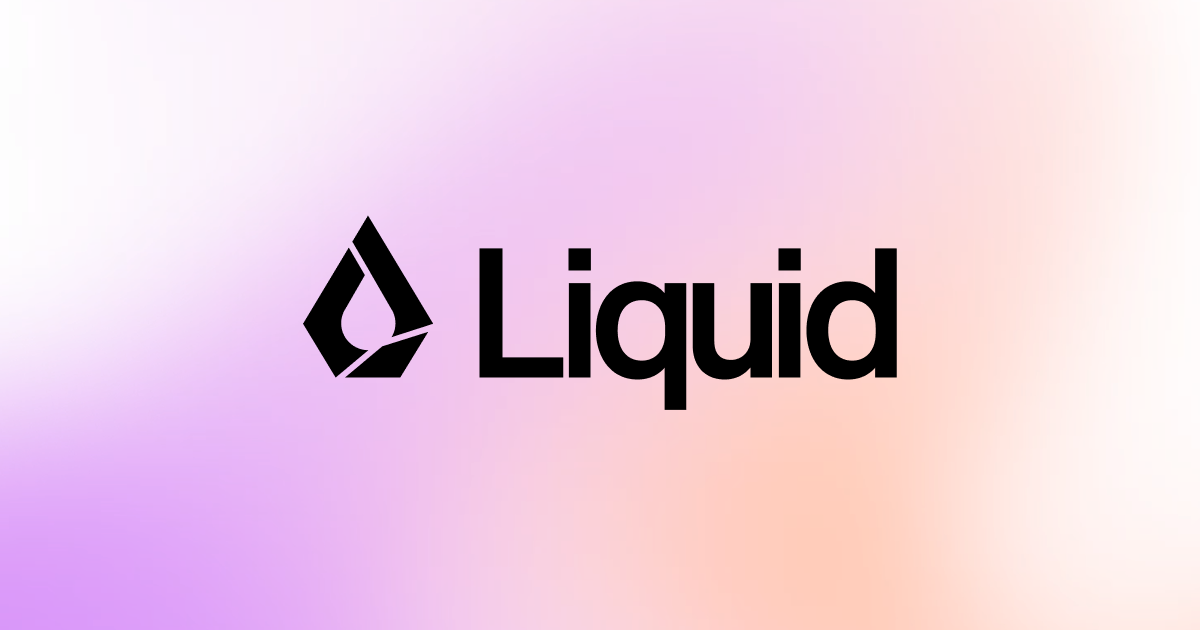
Liquid AI envisions a future where artificial intelligence transcends traditional boundaries, delivering unparalleled adaptability and efficiency across every scale of challenge. Rooted in pioneering research from MIT, they strive to craft AI systems that seamlessly integrate into diverse industries while respecting privacy and specialized domain needs.
By harnessing the dynamic capabilities of liquid neural networks and innovative foundation models, Liquid AI is architecting a new era of intelligence. Their technology empowers enterprises to embrace AI solutions that are not only powerful but exceptionally responsive and resource-efficient, fundamentally reshaping how problems are solved globally.
Our Review
The MIT Pedigree That Actually Delivers
We've seen plenty of MIT spin-offs promise revolutionary AI, but Liquid AI feels different. Founded by four researchers from MIT's CSAIL lab, this Boston-based company isn't just rehashing transformer models — they're building something genuinely novel with their Liquid Foundation Models (LFMs).
What caught our attention? These aren't your typical large language models. LFMs are designed around dynamical systems and signal processing, making them particularly good at handling sequential data like video, audio, and time series. It's the kind of technical depth that makes us sit up and pay attention.
Why Their Approach Makes Sense
Here's where Liquid AI gets interesting: instead of throwing more compute at the same old architectures, they're rethinking how neural networks process information. Their "liquid neural networks" adapt dynamically, inspired by how biological brains actually work.
The practical upshot? Their LFM2 models train faster, run more efficiently, and work across different hardware — from CPUs to specialized NPUs. We're talking about real efficiency gains, not just marketing speak.
The Enterprise Reality Check
Liquid AI's customer roster spans automotive, financial services, biotech, and defense — industries where "good enough" doesn't cut it. That's reassuring because it suggests their technology works in high-stakes, real-world scenarios.
Their $250 million Series A in December 2024 (after a $35 million seed) tells us investors are betting big on this different approach. Samsung's involvement particularly signals confidence in the hardware optimization angle.
Our Take
Liquid AI represents something we don't see often: genuinely innovative AI architecture that solves real problems. While everyone else optimizes transformers, they're building from first principles.
The risk? They're swimming against the current in an industry obsessed with scaling existing models. The opportunity? If their approach proves superior for specific use cases, they could carve out significant market share where efficiency and adaptability matter most.
Feature
Liquid Foundation Models (LFMs) for multimodal sequential data processing
Efficient training and inference with LFM2
Flexible deployment across CPUs, GPUs, and NPUs
Robust, adaptable liquid neural networks inspired by brain function
Tailored AI solutions for multiple enterprise sectors








